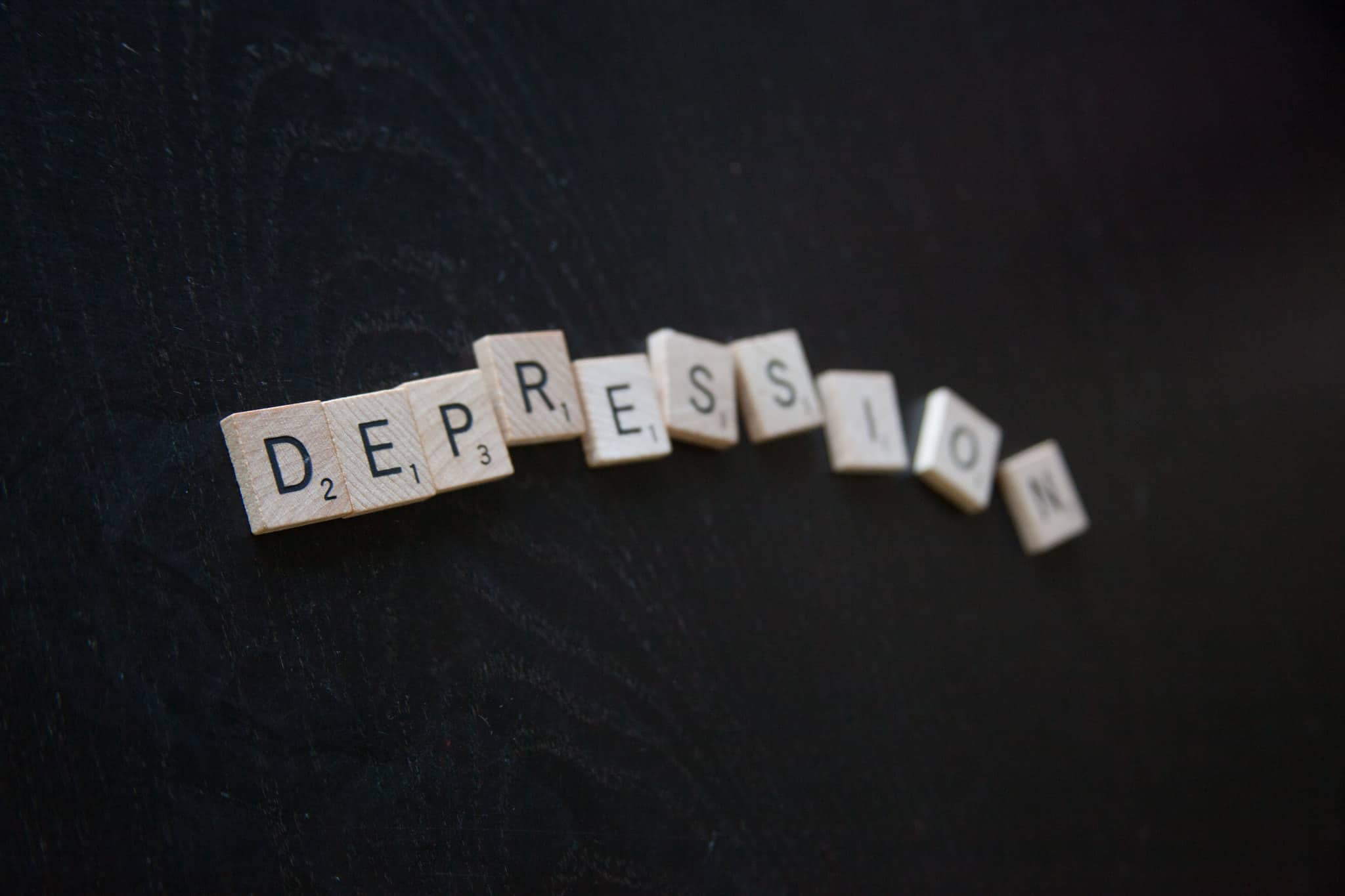Warning: This article addresses difficult themes including severe depression and suicide. If you or someone you love is experiencing suicidal depression, call the prevention hotline at 1-800-273-8255.There are also spoilers for Doki Doki Literature Club Plus.
Sometimes, a game subverts your expectations. Team Salvato’s psychological horror video game, Doki Doki Literature Club Plus, is an expansion on their 2017 Doki Doki Literature Club, and it addresses the issues of mental health, depression, and suicide in an unsettlingly but realistic way.
The game starts out following the player as he decides to join his school’s literature club at the prompting of his friend Sayori. The small club consists of the protagonist and four girls: Sayori (the vice president), Yuri, Natsuki, and Monika (the president). The cutesy aesthetic sets the player up to think he’s going to make decisions to woo one of the girls and win her heart. 1
The game’s central mechanic has the player choose words for poems to try and appeal to the different girls , which seems harmless enough. In a first playthrough, it can be easy to miss some darker words like “suicide,” “cage,” or “trap,” and that these words interest characters you wouldn’t expect.
In my first playthrough, I went with words that appealed to me, and I found that most of my choices agreed with Sayori, so my experience followed her more closely. After making a third poem, her character seems very down and leaves the club meeting early. The player briefly sees her again over the weekend where a distraught Sayori confesses her love for the player, who can choose to accept it or to kindly reject it.
The next time the player sees her, regardless of whether he reciprocates Sayori’s love, she has taken her life by hanging herself. The shocking image of Sayori’s body stays on screen for a handful of seconds as the camera fades out and the game restarts. The horrible part is that after this the game acts as if Sayori never even existed.
The game begins to glitch out more frequently as the player again joins the literature club and begins creating poems. The other characters start acting strangely and sometimes more aggressively towards each other and the player. The only one who seems somewhat normal is Monika, who has been subtly dropping hints that she knows more than she’s letting on.
The game is at its best when it explores the mental state of the different characters. Sayori’s depression is a bit of a surprise at first, because she is always upbeat, trying to help other characters have fun, especially the protagonist. But people with depression, especially those who have lived with it for many years, can often hide it well, especially to people unaware of its symptoms. When I played through the game again, I could see hints of her deteriorating psychological state.
This expanded version of the game also includes a collection of six sidestories which do a solid job of developing the characters’ backstories of how the friends came to form the club. Sayori knows that she’s depressed, and she uses that vulnerable truth to grow closer to other characters like Monika and Natsuki. Like with real-life depression, sometimes the only thing we can do for a loved one going through depression is to be present to them and let them know how much we care for their wellbeing.
When a person is dealing with severe depression like Sayori, it’s important to recognize that the situation is complicated. There is no one-size-fits-all approach. Sayori chose to act cheerful in spite of her depression so that she wouldn’t be a burden to others around her. She also wanted to avoid the harsh judgment or repercussions that can go along with letting others know about her psychological state. And these reactions are common enough for people hiding their depression.
In the end, the player’s decision to accept or reject Sayori’s confession of love doesn’t make a difference. The game makes a point to show that she is not in her right mind. Right before witnessing her suicide, the player sees a poem from her that repeats the words “get out of my head” over and over again. At the time of her suicide, she is clearly distressed and confused.
The first time I reached this part of the story, I had to close the game and walk away to let the heaviness of the situation sink in. It was jarring, painful, and disturbing. While I could tell myself that this was just a game, the reality of suicide isn’t.
The year after I graduated, my high school was rocked by a suicide of a student the year below me. As a teacher, I’ve struggled with the school community when we were faced with suicides. I didn’t have the right words for my students or colleagues. I wondered if I could have noticed warning signs better. I was in shock and needed time to process what had happened. A heavy cloud hung over the school community for a long while after each of these tragic deaths. The sad truth is that many people dealing with the after effects of suicide can be left wondering if there was something else we could have done.
Team Salvato is brave in its attempt to deal unflinchingly with the complex realities of suicidal depression. Playing it helped remind me of the need to be attentive to those around me, especially the students I’ve worked with these last few years. It encouraged me to ask myself questions like: Are the people around me hiding their pain or always putting on a good face to avoid burdening others? Are they exhibiting other warning signs? Am I willing to ask difficult questions to let others know I notice and I care?
I hope more people ask themselves these sorts of questions. Because if we do, then we’ll be more attentive to the mental health of others. And that will make our world a little more loving all around.
———
Photo courtesy of www.amenclinics.com
- In fact, Doki Doki is Japanese onomatopoeia for the sound of a heartbeat. ↩


